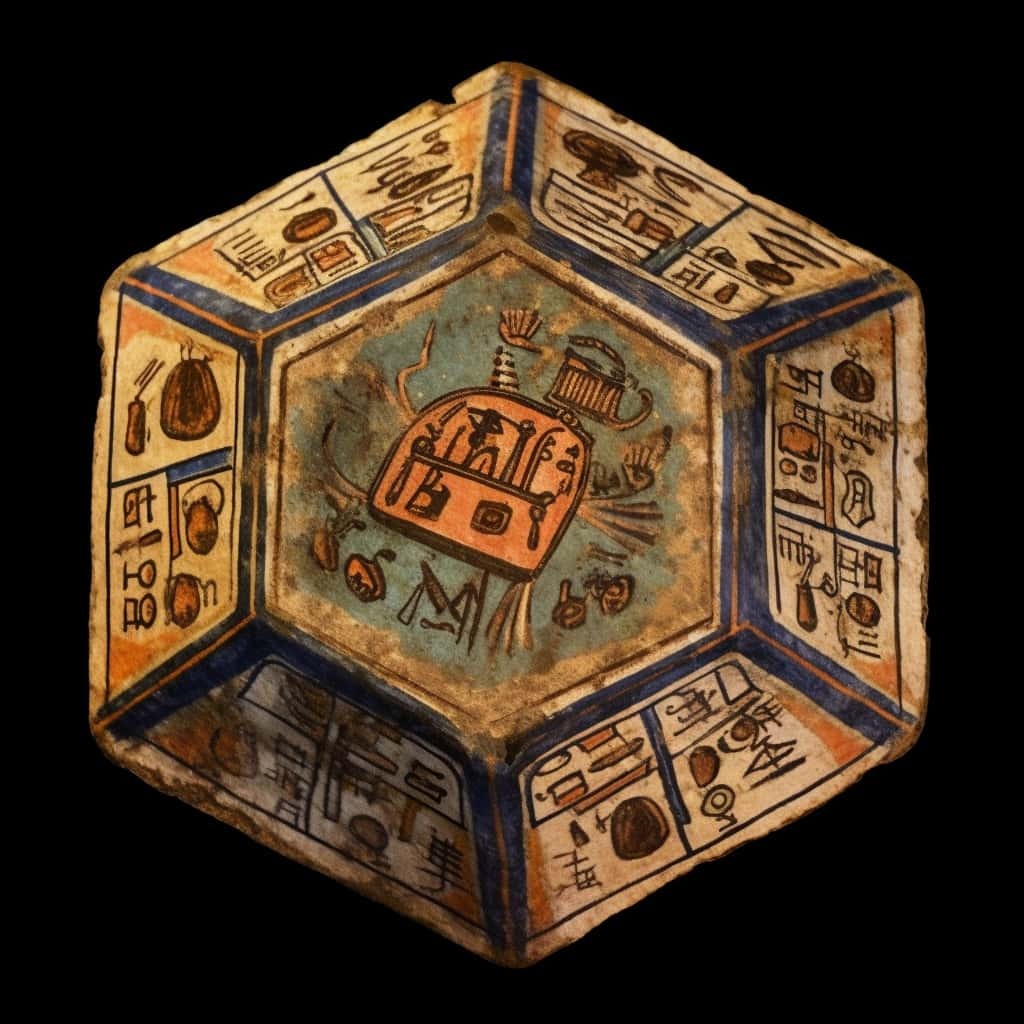

I’ve written a couple similar posts recently, so I’ll consolidate those and add a few more. Apologies for any overlap with existing comments here.
Into the Odd is the epitome of rules light, striped down ,classic DnD. How many rules can you remove and still retain a playable game and the classic adventuring feel? Turns out most of them! This game has spawned a truly absurd amount of hacks, and if you sit down to read and play ITO you’ll see why. The physical copy of the remastered edition is a gorgeous little book as well.
Electric Bastionland is the bigger, younger sibling of Into the Odd. Written by the same author it takes the same core ruleset (with a tiny number of tweaks) and places it into a somewhat absurdist, wonderfully inventive, urban setting. This book is fantastic on many levels, including the unbelievable amount of artwork. Each of the more than 100 Failed Careers has its own piece, and the entire thing serves as a de-facto world-building section alongside its role in character creation. Also includes, in my opinion, the single best collection of GMing advice you can get in a physical book.
Cairn is one of the many aforementioned hacks of Into the Odd, but also pulls in the itemized inventory and character generation tables of Knave. If you want a quick to pick up and play system that pairs nicely with all those OSR modules you’ve been collecting but haven’t run, this is for you. It is not mechanically, directly compatible with b/x stat or adventure, but the dead simple framework makes it extremely easy to convert things on the fly (or just use the large, and growing, list of pre-conversions for various modules. It’s garnered a huge community and spawned its own set of hacks.
Mausritter is an ITO hack in a similar space as Cairn, but you’re playing as tiny mice adventuring in a big and dangerous world. The physical version has super fun cards to use with the slot based inventory, and the digital version is totally free. I’ve found this to be a great gateway (or long term stay!) for the N/OSR space because it’s very easy for people to get into the proper headspace. It makes sense to run away from danger, come up with clever plans to ambush dangerous foes, sneak rather than fight, etc… you’re a tiny mouse! Also if any of your players were into Redwall as kids this will be an easy pitch.
Mothership RPG is a sci fi horror game in the vein of Alien. It has a number of fantastic modules to play, both first party and written by the large and very active community it has fostered. Simple core rules, and great if you’re looking to run a one shot where you expect your players to either lose their minds or get eaten by a monster by the end of the session.
Wolf-Packs & Winter Snow is a prehistoric roleplaying game. Fascinating ideas, really cool setting, a neat loop of hunting and gathering to sustain your tribe (you get XP when something you’ve hunted is eaten, not just killed). Magicians don’t have spellbooks, they have spell locations. I have sadly not actually run or played this one, but it’s such a fun thing to read.
Troika! is an off the wall, somewhat absurdist science fantasy RPG. It has, the core book especially, the best short form, expressive, writing that manages to imply a grand complex setting in a tiny space. Many of the first and third party supplements are also great, I’ll specifically recommend Acid Death Fantasy for a tripped out Dune experience or Very Pretty Paleozoic Pals for playing as actual dinosaurs this book is great. The actual ruleset of Troika! is not for me, but I’ve run plenty of fantastic sessions using it and I love, love, love the writing, art, and settings.
MÖRK BORG is the art-punk, heavy metal, apocalyptic fantasy game. This book gets a lot of attention (and sometimes flak) for it’s dense and complex art and layout, for good reason the book is gorgeous to flip through, but it also contains a nicely working core of rules light d20 gameplay. It also contains The Calendar of Nechrubel, where at irregular points in your game (the rough frequency decided by the table at the start) a new misery occurs, plunging the cursed world into further darkness. When the seventh, and final, misery occurs the world, the game, and your lives end. You are instructed to burn the book. Which all means you get to drive your characters like stolen cars, the world’s ending anyway!
CY_BORG is the cyberpunk version of the above, and trades a dying fantasy world for a chrome and neon corporate dystopia.
Blades in the Dark has you playing as a gang of scoundrels in a Dishonored-esque whale oil powered city besieged by ghosts beneath a sky filled by a dead sun and a shattered moon. It’s got a compelling core loop of going on missions, getting stressed out on those missions, indulging your vices to relieve that stress, getting into trouble because you overindulged, and then needing to go on more jobs to get cash to dig yourself out of that trouble. Going on big heists, and do flashbacks Oceans 11 style to do a dramatic reveal of a hidden aspect of your plan.
Scum and Villainy is Forged in the Dark but you’re a crew on a space ship plying your way in a sci fi galactic sector. Variably Star Wars, Firefly, or Cowboy Bebeop depending on your choice of starting ship, and the direction you take the game.
CBR+PNK is another Forged in the Dark game, but compacted into a set of pamphlets where you take the role of cyberpunk runners performing one last job before retirement (or before one last attempt at revenge).
Tunnel Goons is extremely easy to pick up and play, endlessly mod-able and flexible. There are gobs of hacks of this game floating around, and it’s easy to see why.
Maze Rats is a classic quick to pick up system. Compact, with a wonderful set of tables that are useful even if you don’t end up playing the game.
The Black Hack (or a physical copy) is a nice, rules light take on classic d20 fantasy adventuring, complete with the traditional classes of Warrior, Thief, Cleric, and Wizard.
The Whitehack a super interesting take on old school play. The base classes are extremely flexible and interesting. Roll a d20 under attribute and over AC for combat. This game has possibly the highest density of good ideas to steal, even if I find some of the text a little obtuse (the newer editions are better about this).
Macchiato Monsters is a more flexible, open ended mashup of the above two games. Flexible, “build your own character” classes system, and I hope you like usage dice (or risk dice, whatever you want to call them), because they’re everywhere here.
Self Promo Zone
I’ve got two work in progress games of my own.
Brighter Worlds (online SRD here) is my more light-hearted, whimsical take on the N/OSR space, through the lens of Evlyn Moreau’s fantastic artwork. It’s a hack that combines Electric Bastionland, Cairn, and Macchiato Monsters but worked into a form with what I’m calling “modular crunch”. It’s meant for GMs (like myself) that want super simple core rules, but with players that might want something more crunchy, with more levers to pull at the table. Each of the Callings has their own set of modular rules that (if I’ve done my job correctly) no one else at the table has to understand, avoiding combinatorial complexity of teaching the game, and the GM just needs to give a thumbs up or thumbs down once in a while. Many of the Callings are fairly open ended and require buy in and interpretation on the part of the player and table, so it’s not for everyone.
Meteor (online SRD here) is my more straightforward hack of Cairn. It ostensibly exists because I wanted to run Mothership modules with Into the Odd rules, but its started to expand a bit in scope from that point. It takes a slightly more golden age, pulp sci fi tone, and (like Cairn) does not have mechanical compatibility with Mothership but should be very easy to convert on the fly as needed.
I could probably keep going with with more systems, and don’t even get me started on the similar question but for modules, but at some point I’ve got to cut myself off and get actual work done.
Please let me know if I’ve made any errors or have any broken links.
Edit: Totally did not realize which community I was in while writing this comment, whoops. I can remove the non-OSR/NSR systems if we’d like to keep the discussion a bit more focused.

I will strongly recommend people interested in open licenses look to the existing, more mature licenses, Creative Commons in particular.
The “unresolvable problems” that Paizo ran into with CC are actually very resolvable. If you don’t want a sticky, viral license, use CC-BY. If you do want a sticky license, but not for your whole game, split out a separate SRD and put that under CC-BY-SA.